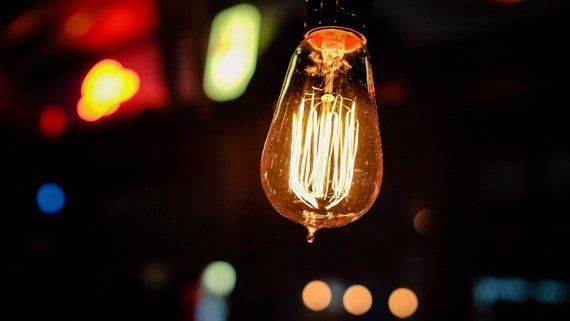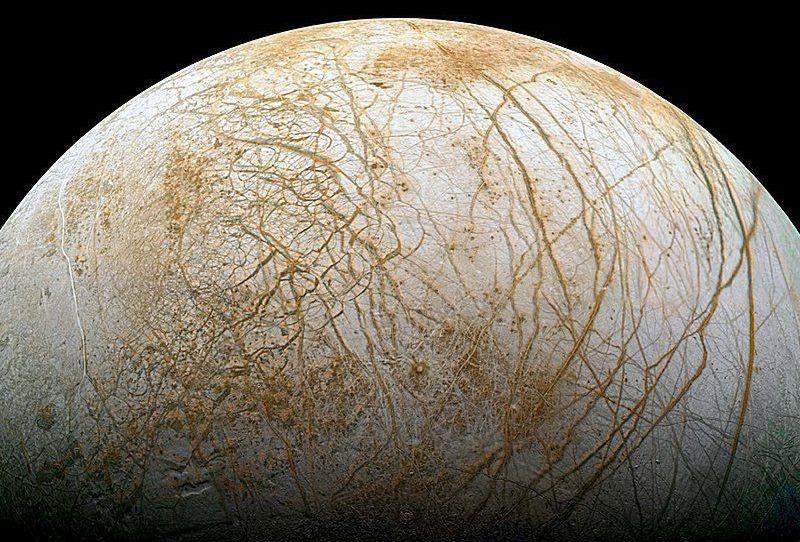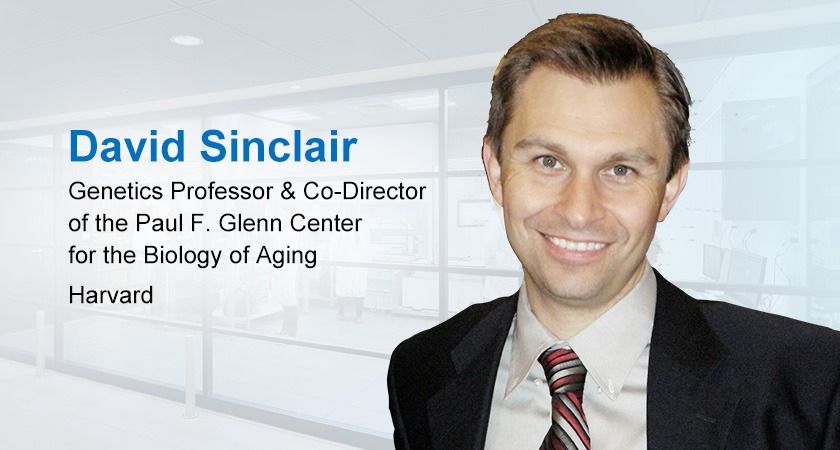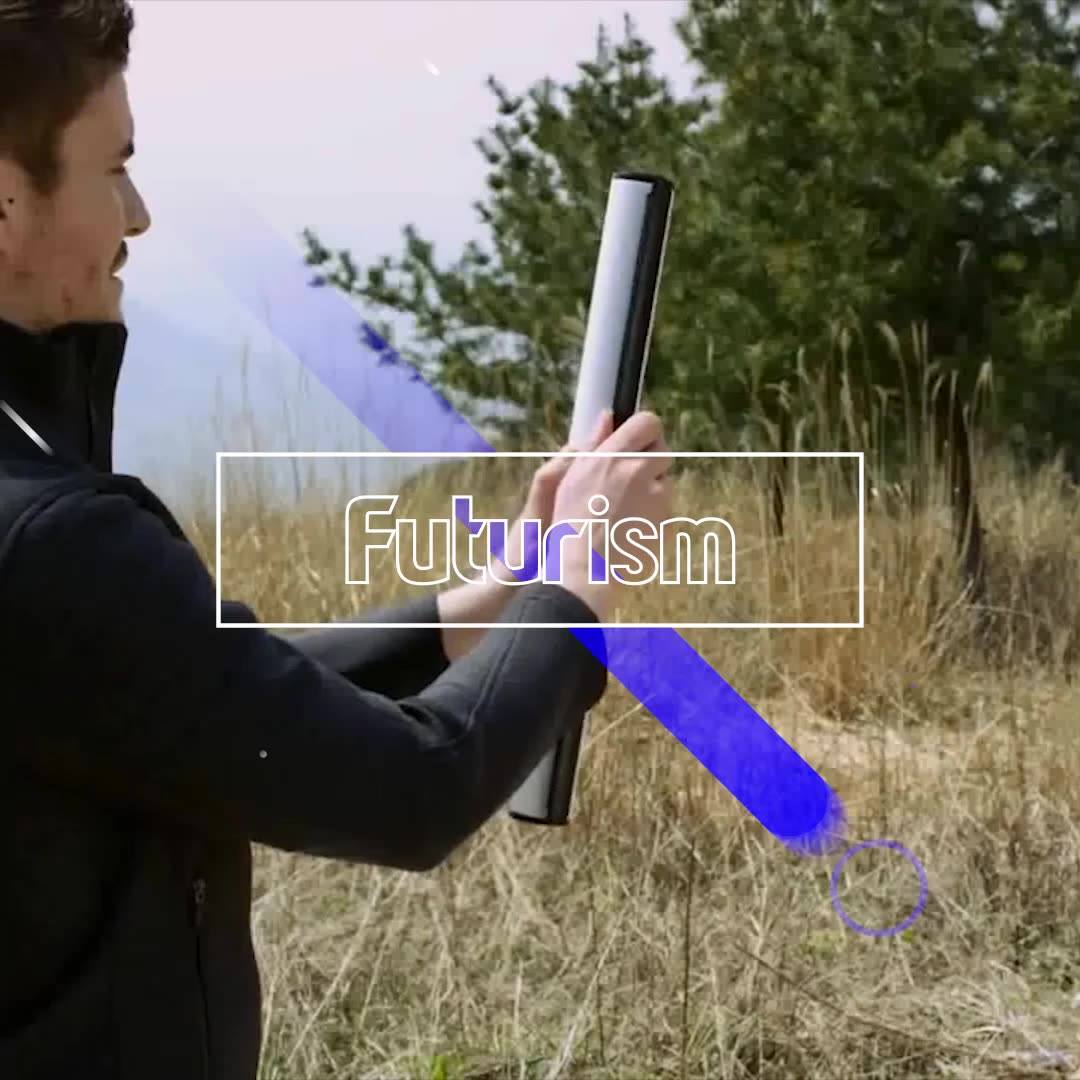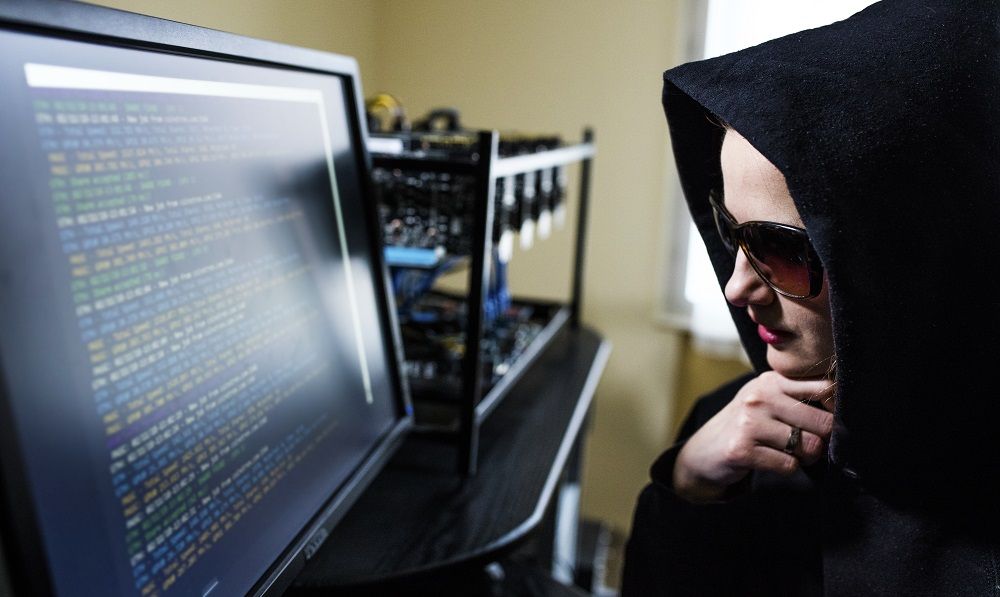Feb 25, 2018
Could Elon Musk Lose the Satellite Market — and Win the Solar System?
Posted by Genevieve Klien in categories: Elon Musk, satellites, security
When SpaceX launched the world’s biggest rocket ship on Feb. 6, that kind of seemed like a big deal — but not everyone is impressed.
Previewing the SpaceX Falcon Heavy launch, The Wall Street Journal seemed perplexed. Yes, the Falcon Heavy is big, admitted the Journal. But as a “heavy-lift booster,” it said, it is a product designed to serve a market that’s suffering “significantly eroded commercial demand” and “uncertain commercial prospects.”
The problem, as the Journal (correctly) pointed out, is that thanks to advances in rocketry, electronics, and materials technology, “both national security and corporate satellites continue to get smaller and lighter” (and cheaper).
Continue reading “Could Elon Musk Lose the Satellite Market -- and Win the Solar System?” »

